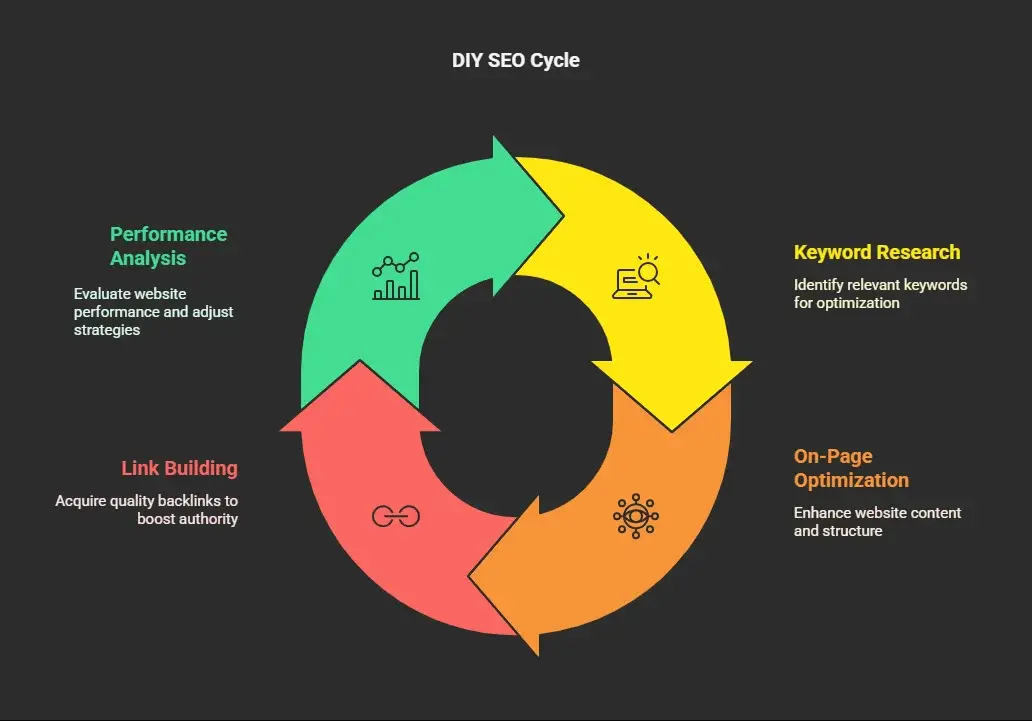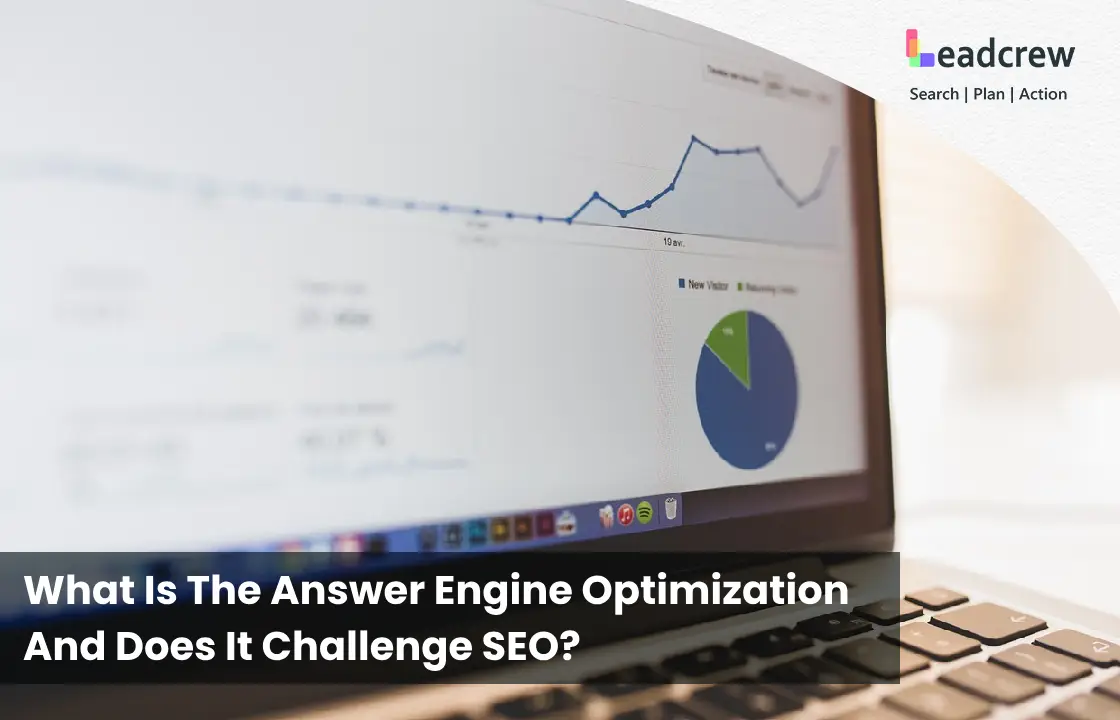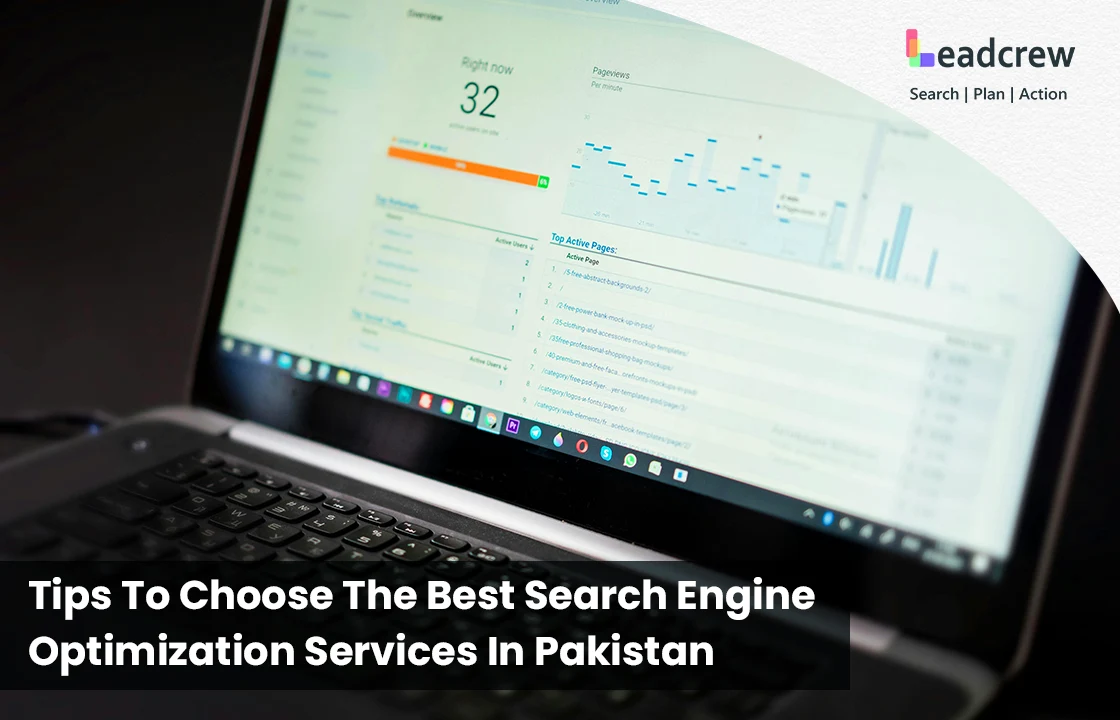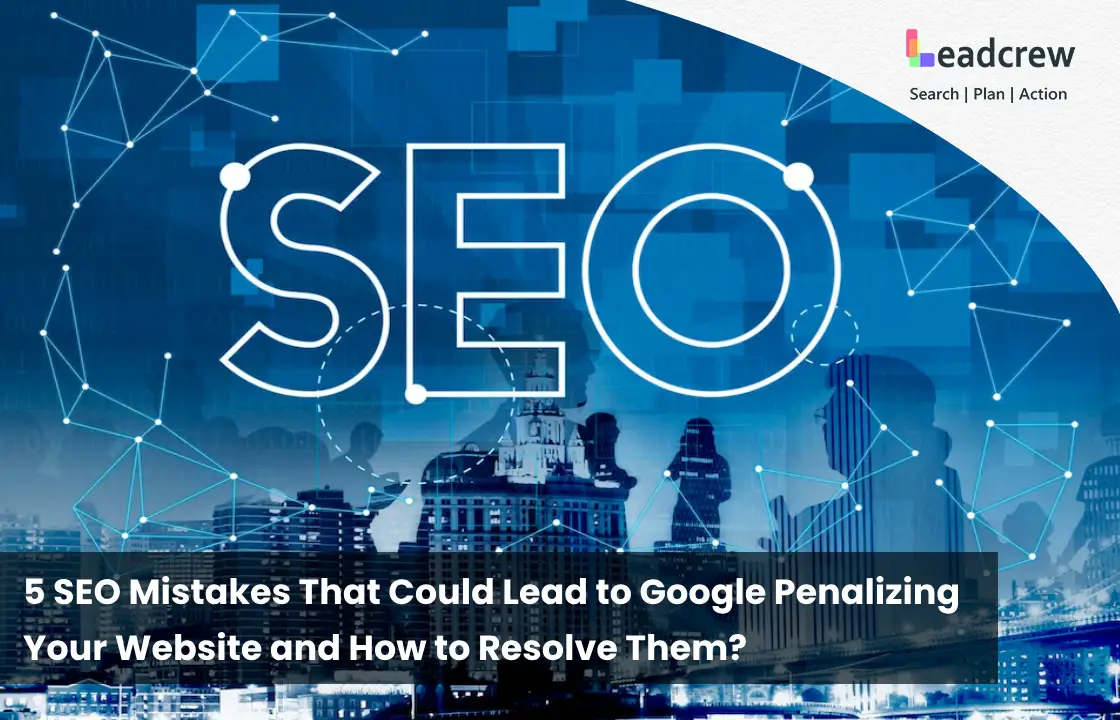Table of contents:
DIY SEO: An Overview
DIY SEO website involves taking the responsibility of optimizing your website, content, and online presence without hiring an SEO agency or consultant. This means you’re fully in charge of everything from On page optimization to content creation, from managing your Google Business Profile to building quality backlinks.

When executed well, DIY SEO can be highly effective and a great way to save money while still improving your website’s visibility in search engine results. However, it’s not a “set it and forget it” strategy. SEO requires ongoing work, including adjusting to new algorithm updates, optimizing content, and ensuring that technical aspects of your site run smoothly.
Key Components To Know When You're Doing SEO On Your Own
1. On Page Optimization:
Title Tags & Meta Descriptions:
Image Optimization:
Images are a vital part of any website, but if not optimized properly, they can significantly slow down page load times, which can harm your search rankings. Image optimization involves compressing images without compromising quality, which leads to faster load times and a better user experience.
2. Content Creation:
Keyword Research:
Creating Valuable Content:
3. Google Business Profile Management:
Profile completion:
Regularly Update Photos & Posts:
4. Link Building:
Guest Blogging:
Create Shareable Content:
5. Technical SEO:
Mobile Optimization:
Site Speed:
Website speed plays a major role in both user experience and SEO. Pages that load slowly often lead to high bounce rates, which negatively impact your rankings. You can analyze your website’s speed using tools like Majestic SEO or Google PageSpeed Insights to identify areas for improvement. Compress images, minify code, and optimize server performance to improve load times.
SSL Certificate:
XML Sitemap:
Can You Do SEO Yourself?

The Pros Of DIY SEO
1. Cost Savings:
One of the biggest reasons people choose DIY SEO is to save money. Collaborating with an SEO agency can be costly, especially for established businesses. Leadcrew can help you focus on your SEO efforts instead of worrying about budgets. Our affordable packages are all set to help you achieve your SEO objectives without breaking the bank. But if you have the time and energy, doing it yourself can be a cost-effective alternative.
2. Learning and Control:
3. Flexibility:
The Cons Of DIY SEO
1. Time-Consuming:
2. Complexity:
3. Results Take Time:
When Should You Outsource SEO?
1. You Lack the Time or Expertise:
2. You’re Competing in a Highly Competitive Industry:
If you’re in an industry with fierce competition, getting ahead of your competitors can require a more advanced SEO strategy than you might be able to execute on your own. Agencies have the tools like Semrush and Majestic SEO and experience to analyze your competitors’ strategies and create an aggressive SEO plan tailored to outranking them.
3. You Need to Focus on Growing Your Business:
If your priority is scaling your business rather than becoming an SEO expert, outsourcing SEO allows you to focus on areas of growth, such as product development, customer service, and sales. Meanwhile, a professional agency handles the ongoing task of optimizing your site and boosting your rankings.
4. You Want Results Faster:
How To Choose The Right SEO Agency?
If you decide that outsourcing is the best option for you, choosing a reliable SEO partner is essential. The next part of the blog discusses some tips to choose the best SEO services in Pakistan.
Check Their Track Record:
Transparency:
Tailored Strategies:
Communication:
Good communication is key. You want an agency that keeps you updated on progress, is open to feedback, and responds quickly to any questions or concerns.
Take Control Of Your SEO Strategy — Or Get Help From Leadcrew
frequently asked questions (FAQs)
Pricing varies based on services, platform management, and campaign complexity. It’s important to focus on value rather than the cheapest option—quality marketing delivers better long-term ROI.





